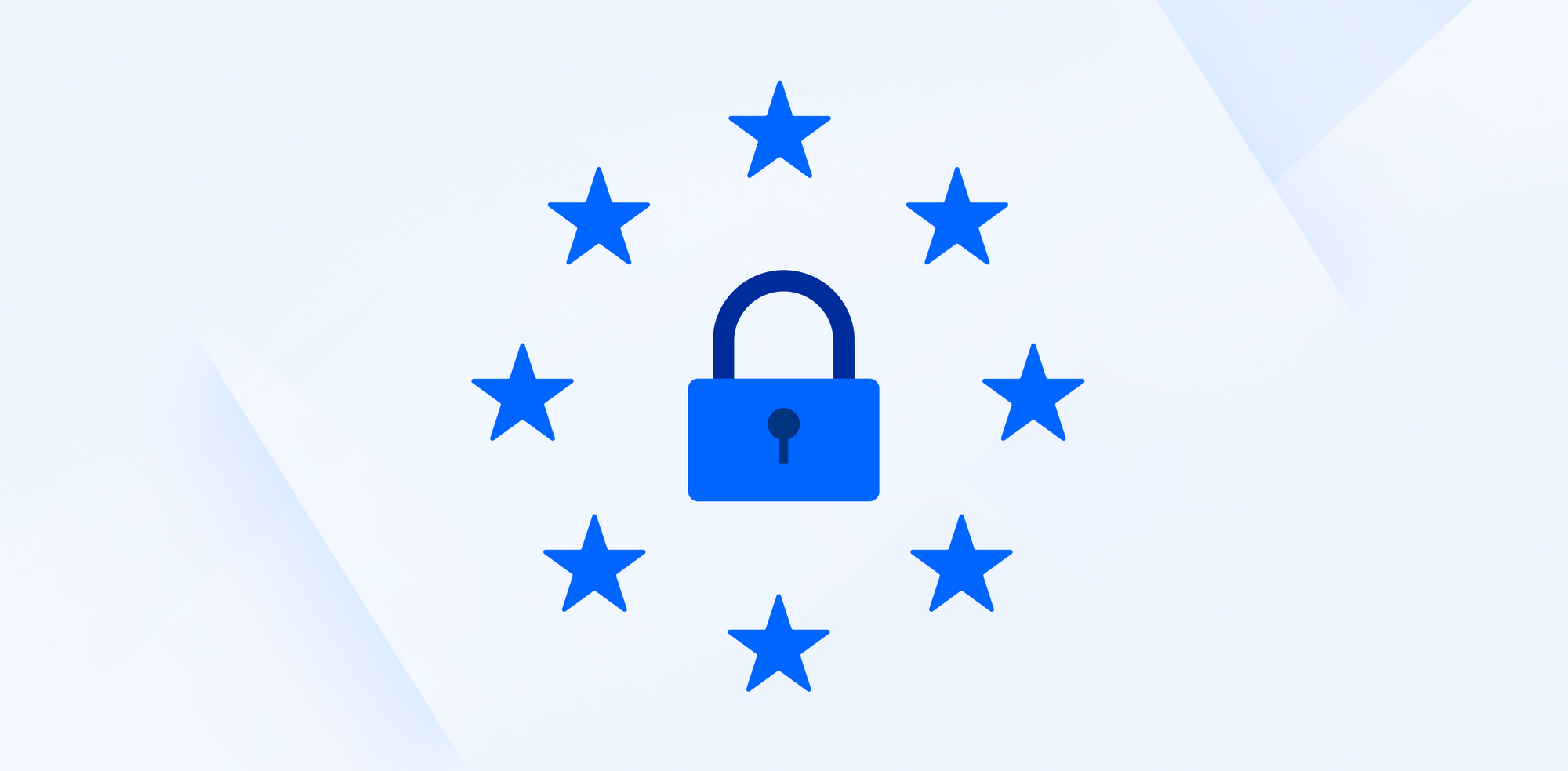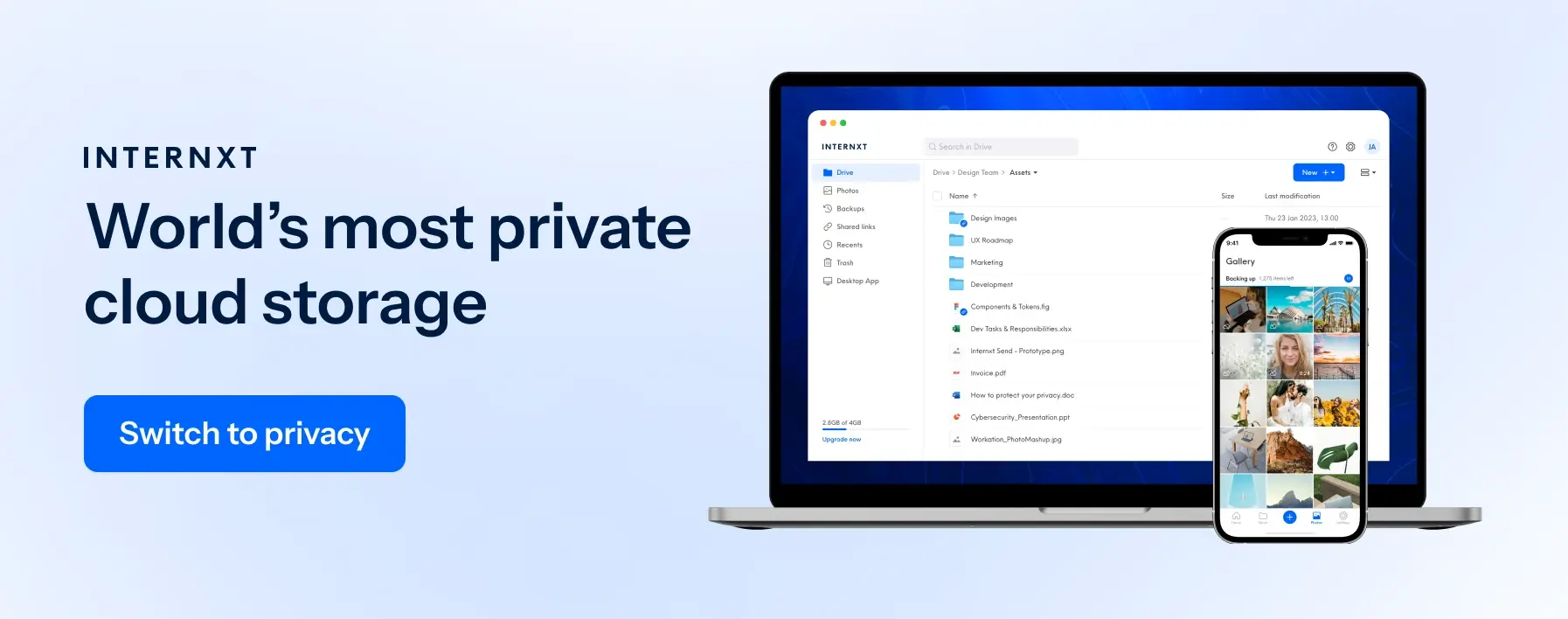Unpacking the GDPR: An In-Depth Look at the EU's Landmark Legislation

The General Data Protection Regulation (GDPR) is a landmark piece of legislation in the European Union (EU) that sets out rules for how how businesses process and protect personal data of EU citizens. It applies to any business that collects personal data from EU citizens, regardless of whether the business is located in the EU or not.
This makes it a truly global regulation and it has been driving significant change in the way European businesses manage and protect personal data. In this blog post, we will unpack the GDPR, looking at what it is, what it means for businesses, and how businesses can ensure compliance.
The EU also has a separate compliance body designed to help the financial industry; for more information about this, check out our article on DORA compliance.
What Is the GDPR Meaning?
The GDPR is a regulation in the European Union that sets out detailed rules for how businesses process and protect personal data. It is a privacy act that applies to any business that collects personal data from EU citizens, regardless of whether the business is located in the EU or not. The GDPR applies to all aspects of data processing, including collection, storage, transfer, and use.
GDPR regulations were adopted in May 2018, replacing the EU’s previous data protection law, the Data Protection Directive. It was designed to harmonize data protection laws across the EU and to give EU citizens more control over their personal data. It also introduces tougher penalties for non-compliance and brings the EU’s data protection laws in line with modern technology.
The GDPR was adopted in May 2018, replacing the EU’s previous data protection law, the Data Protection Directive. It was designed to harmonize data protection laws across the EU and to give EU citizens more control over their personal data. It also introduces tougher penalties for non-compliance and brings the EU’s data protection laws in line with modern technology.
The GDPR is composed of 99 articles, divided into 11 chapters. It sets out the rights of data subjects and the obligations of data controllers and processors. It also outlines the responsibilities of data protection authorities and provides for cooperation between them. The GDPR also includes specific rules for the transfer of personal data outside the EU.
What are the GDPR's Goals?
The GDPR has a number of goals, including:
- To give EU citizens more control over their personal data
- To harmonize data protection laws across the EU
- To ensure that businesses process and protect personal data in a responsible manner
- To ensure that businesses are transparent and accountable for their data processing activities
- To protect the rights of data subjects
- To provide for effective enforcement of the GDPR
The GDPR aims to create a level playing field for businesses, both within the EU and internationally. It also seeks to ensure that personal data is processed and protected in a manner that respects the rights of data subjects and that businesses are held accountable for their data processing activities.
Who Do the GDPR Requirements Apply To?
The GDPR applies to any business that processes personal data of EU citizens, regardless of whether the business is located in the EU or not. This means that the GDPR applies to any business that processes the personal data of EU citizens, even if it is located outside the EU.
CCPA, which only applies to California residents, or HIPAA, which is only for the healthcare industry.
The GDPR applies to data controllers, who determine the purpose and means of processing personal data, and data processors, who process personal data on behalf of a data controller. It also applies to third parties, such as cloud service providers, who process personal data on behalf of a data controller or processor.
How Does the GDPR Affect Businesses?
The GDPR affects businesses in a number of ways. Firstly, businesses must comply with the GDPR’s rules for processing and protecting personal data. This means that businesses must ensure that they have appropriate security measures in place to protect personal data, that they are transparent about how they process personal data, and that they provide data subjects with certain rights.
The GDPR also introduces tougher penalties for non-compliance. Businesses can be fined up to 4% of their annual turnover or €20 million (whichever is higher) for serious breaches of the GDPR. Businesses can also be subject to reprimands, warnings, and suspension of data processing activities.
The GDPR also affects businesses in terms of their customer relationships. Businesses must take cybersecurity seriously, be transparent and accountable for their data processing activities, and must ensure that they meet the rights of data subjects, including the right to access, rectify, and erase personal data.
What Rights Do Data Subjects Have Under the GDPR?
The GDPR gives data subjects a number of rights, including the right to:
- Access their personal data
- Rectify their personal data
- Erase their personal data
- Restrict the processing of their personal data
- Object to the processing of their personal data
- Receive their personal data in a machine-readable format
- Not be subject to automated decision making
It is paramount for businesses, in order to become GDPR compliant, to be aware of these rights and to ensure that they are meeting them.

What Are the Penalties for GDPR Non-Compliance?
The GDPR introduces tougher penalties for non-compliance. Businesses can be fined up to 4% of their annual turnover or €20 million (whichever is higher) for serious breaches of the GDPR. Businesses can also be subject to reprimands, warnings, and suspension of data processing activities.
The GDPR also introduces a tiered approach to fines, with higher penalties for more serious breaches. This means that businesses that fail to comply with the GDPR can expect to face more significant penalties than those that have taken steps to comply.
How Can Businesses Ensure GDPR Compliance?
Businesses can ensure GDPR compliance by taking a number of steps, including:
- Appointing a data protection officer.
- Appointing a representative in the EU, if the business is not located in the EU.
- Implementing appropriate technical and organizational measures.
- Establishing policies and procedures for data processing activities.
- Establishing procedures for responding to data subjects’ requests.
- Conducting a data protection impact assessment.
It is important for businesses to ensure that they have taken all necessary steps to comply with the GDPR. If a company doesn’t meet all of the steps listed above, it will not be GDPR compliant and, depending on the business location or where it operates, may be subject to certain penalties.
Who Is Responsible for Enforcing the GDPR?
The GDPR is enforced by national data protection authorities in each EU member state. These authorities have the power to investigate data processing activities and to impose fines and other sanctions on businesses that are found to be in breach of the GDPR.
Data protection authorities also have the power to issue warnings, reprimands, and suspensions of data processing activities. They also have the power to order the rectification, erasure, or blocking of data, and can impose fines of up to 4% of a business’s annual turnover or €20 million (whichever is higher).
What Is the Future of the GDPR?
The GDPR is a landmark legislation that has had a significant impact on businesses around the world. It has set a new standard for data protection and has forced businesses, small and large, to take a more proactive approach to protecting personal data.
GDPR compliance is here to stay and is likely to continue to evolve as technology and data processing practices change. Businesses should be prepared to adapt to these changes and to ensure that they remain GDPR compliant.

GDPR Compliance in Summary
The GDPR is legislation that has had a significant impact on businesses around the world. It has set a new standard for data protection and has given EU citizens more control over their personal data. Businesses must ensure that they are GDPR compliant and that they are transparent and accountable for their data processing activities.
In conclusion, the GDPR is an important regulation that has had a significant impact on businesses around the world. It is important for businesses to ensure that they are compliant with the GDPR and that they are taking all necessary steps to protect the personal data of EU citizens.
Plenty of online services are now GDPR compliant. Want a cloud storage service with full GDPR compliance as well? Check out Internxt!

